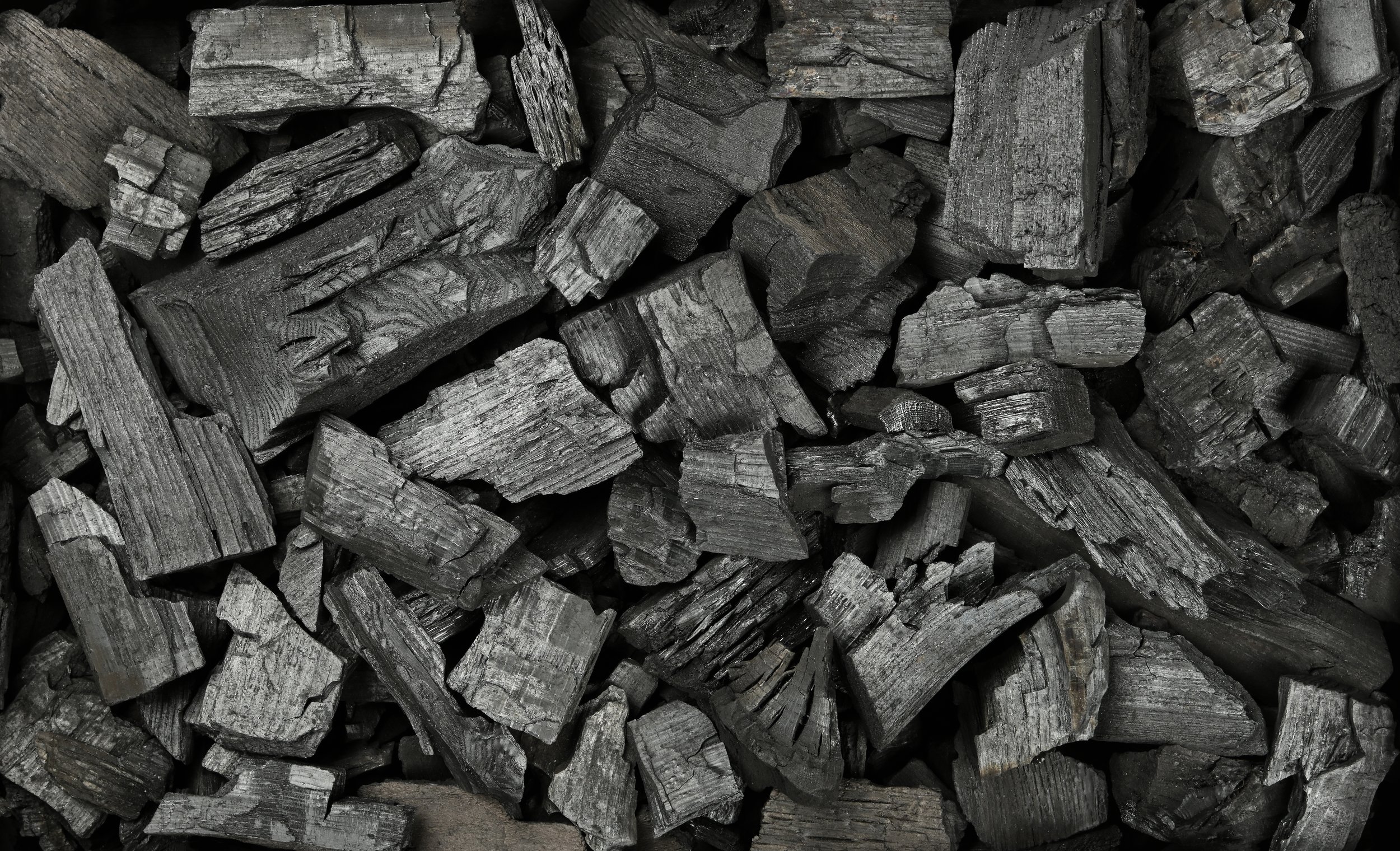 Image 1 of
Image 1 of


Lump Charcoal (4 QT)
Charcoal is often included in bioactive substrates for various reasons, especially in the context of creating environments for certain types of animals. Here are some reasons why charcoal is considered an important element in bioactive substrates:
Charcoal has the ability to adsorb (not absorb) toxins and impurities. This can be beneficial in bioactive setups to help maintain a clean and safe environment for the organisms living in the enclosure.
Charcoal can aid in maintaining appropriate moisture levels in the substrate. It has the ability to absorb excess moisture and release it when needed, contributing to a stable and suitable microclimate within the enclosure.
Charcoal can provide a substrate for beneficial microorganisms, such as bacteria and fungi, which play a role in breaking down organic matter and promoting a healthy, bioactive environment. These microorganisms contribute to the natural cycling of nutrients in the substrate.
Charcoal is often included in bioactive substrates for various reasons, especially in the context of creating environments for certain types of animals. Here are some reasons why charcoal is considered an important element in bioactive substrates:
Charcoal has the ability to adsorb (not absorb) toxins and impurities. This can be beneficial in bioactive setups to help maintain a clean and safe environment for the organisms living in the enclosure.
Charcoal can aid in maintaining appropriate moisture levels in the substrate. It has the ability to absorb excess moisture and release it when needed, contributing to a stable and suitable microclimate within the enclosure.
Charcoal can provide a substrate for beneficial microorganisms, such as bacteria and fungi, which play a role in breaking down organic matter and promoting a healthy, bioactive environment. These microorganisms contribute to the natural cycling of nutrients in the substrate.
Charcoal is often included in bioactive substrates for various reasons, especially in the context of creating environments for certain types of animals. Here are some reasons why charcoal is considered an important element in bioactive substrates:
Charcoal has the ability to adsorb (not absorb) toxins and impurities. This can be beneficial in bioactive setups to help maintain a clean and safe environment for the organisms living in the enclosure.
Charcoal can aid in maintaining appropriate moisture levels in the substrate. It has the ability to absorb excess moisture and release it when needed, contributing to a stable and suitable microclimate within the enclosure.
Charcoal can provide a substrate for beneficial microorganisms, such as bacteria and fungi, which play a role in breaking down organic matter and promoting a healthy, bioactive environment. These microorganisms contribute to the natural cycling of nutrients in the substrate.
